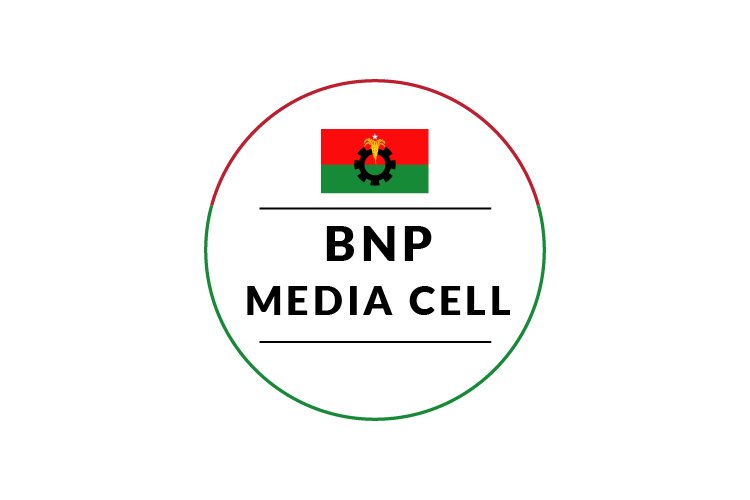In an interview with a local TV station on 23rd September, Peter Haas, the United Stated Ambassador to Bangladesh, said that he fears for the physical security of his embassy staff and the embassy itself. A clip of the interview section where he expressed such apprehension is embedded below.
The Ambassador has genuine reasons for harboring such fears. Since the US State Department’s announcement on 22nd September that it has started implementing the policy of restricting entry visas for any Bangladeshi citizens suspected of hindering democracy and free elections, leaders and leading supporters of the ruling party, the Awami League, have actively made public pronouncements to create an intimidating atmosphere for the US diplomatic staff. A well-known ruling-party leader, who was the head of the student wing of the ruling party few years back, directly asked the ambassador to cease and desist activities in Bangladesh to go back to his own country. A retired Supreme Court justice, who is closely affiliated with the ruling party, said that the US ambassador should be expelled from the country. Screenshots of these public comments follow this paragraph.

The examples shown above are just some of the recent and prominent instances of the ruling party’s months-long campaign of intimidation of western diplomats through public pronouncements of threats. These pronouncements however are not mere verbal scare tactics of the regime. They carry the menace of actual violence because this regime has a dark record of patronizing organized physical attacks on the diplomats. The current ambassador Peter Haas himself was target of an orchestrated security breach on December 14th, 2022, when he met the families of victims of enforced disappearance at the house of an opposition Bangladesh Nationalist Party (BNP) leader who himself has been missing without any news or trace since 2013.
While the ambassador was meeting with grieving families inside the house, a mob of people organized by the government gathered in front of the house. Not only the gang of unruly people were shouting in unison to intimidate the grieving people inside the house, but they also thronged around the ambassador as soon as he came out after the meeting. His car was blocked and surrounded by a wildly shouting and gesticulating mob. The security managed to whisk the ambassador away in the car after a tense period. A very similar incident happened to a previous US ambassador, Mercia Bernicat, in the evening of August 04, 2018, when the vehicle carrying the ambassador was attacked by a group of armed men, some riding on motorcycles. At that time the ambassador was coming out of the house of a noted human right activist and good governance advocate Mr. Badiul Alam Majumdar. That attacking mob was also directly linked with the government.
All these incidents, recent and previous, reveal the nature of a regime that regards the whole of Bangladesh as its personal fief and brooks no opposition within its territory, be it domestic or foreign. It is not difficult to imagine what kind of reign of fear and terror the citizens of the country have been going through in the past ten years when foreign diplomats, protected by diplomatic immunity, are meted out with such thuggish treatments. The classic cowardly bully nature of the regime is revealed in the way it outsources acts of physical intimidation to orchestrated mobs and verbal intimidation to cronies, so that it can deny any direct responsibility. However, these mobs are so crudely organized that their ringmasters have been very easily found by local journalists.
The role of government in these incidents is further confirmed when the government suddenly withdrew the protocoled police protection of diplomats in May, 2023 after diplomats expressed fear of their security. The government suspended police protection during the road travel of diplomats in another crude attempt to curtail activities of the diplomats whom the regime finds inconveniencing. The protocol was later restored.
There are time-honored, formal channels of lodging protests or displeasure towards foreign dignitaries. These diplomatic avenues even include extreme steps like recalling or expelling staff of embassies. Rather than actually taking these formal steps and confronting foreign powers diplomatically, the regime cannot but help itself to crude bullying at home soil. The only way to stop an inveterate bully is to stand up to her. The regime has become so emboldened only because it has been bullying everyone within Bangladesh without consequences for more than a decade. In fact, it has become proud of its reputation of being a thug.
Sajeeb Wajed, son of Awami League supremo Sheikh Hasina and an advisor to the government, said in 2018, “You know what my mother told me this morning? ‘Branded authoritarian by the Western media now is a badge of honour’. Sheikh Hasina herself issued a hollow threat of imposing sanctions on the USA in response to the Visa restriction announcement. She conveniently forgot how, merely two weeks earlier, she barefacedly wheedled a photo selfie with the US president in the G 20 summit at New Delhi, India. Coming back from the summit, she gloated before the people of the country that the selfie demonstrates that the US administration is fully behind her. These incidents are quite typical of the regime, a thuggish bully at home towards the weak and powerless, and a servile mendicant abroad towards the rich and powerful.



